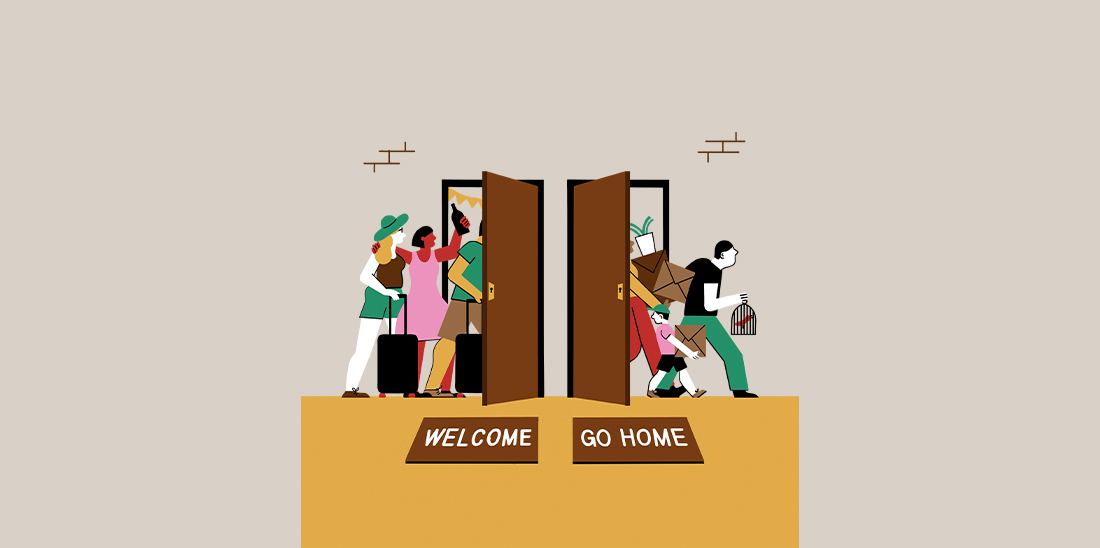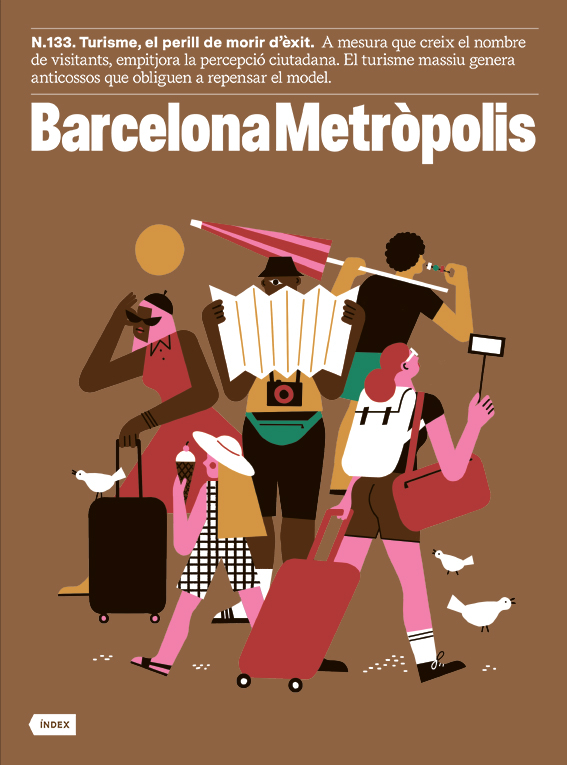Rethinking tourism

Like many other cities with global prominence, Barcelona has witnessed an exponential rise in the number of visitors in a very short space of time: from 4.4 million in 2004 to 20 million in 2019. Beyond a certain point, however, a paradox arises: the more attractive the city becomes to tourists, the more uncomfortable it becomes for its residents. This explains why public opinion has grown increasingly negative, to the point that attitudes have reversed: from seeing tourism favourably and as a source of prosperity, to perceiving it as a problem. More than half of Barcelona’s residents believe the city has reached its limit, and for the first time, signs of “tourism phobia” are emerging.
At this point, what can we do? A sector that accounts for 14% of the city’s GDP and employs 150,000 people can never be overlooked, as many people’s livelihoods and resources depend on it. Beyond being an economic activity in its own right, tourism is also a crucial driver of the cultural sector. Barcelona wouldn’t have its museums, nor much of its creative activity, without the support of visitors.
Nevertheless, this should not prevent action from being taken to address the negative aspects of mass tourism. The loss of identity and overcrowding are the most visible issues, but they are not the only ones. The housing market is also heavily impacted. While tourism is not solely responsible for the steep rise in rental prices, it certainly plays a key role. In a densely populated city like Barcelona, accommodating such a large number of visitors and temporary residents means taking properties off the permanent rental market. As a result, tourism contributes to gentrification, forcing residents to move to further out metropolitan peripheries, with indirect negative effects, such as increased forced mobility, which in turn affects environmental quality and personal well-being.
All projections suggest that tourism will continue to grow, as it is a natural consequence of the type of society we are heading towards. It is, therefore, imperative to take action. The challenge is how to do so. Many cities —including Barcelona— are already introducing measures to limit supply and foster a shift towards a more sustainable tourism model, one with greater added value and more evenly distributed economic benefits. — Milagros Pérez Oliva
The newsletter
Subscribe to our newsletter to keep up to date with Barcelona Metròpolis' new developments




